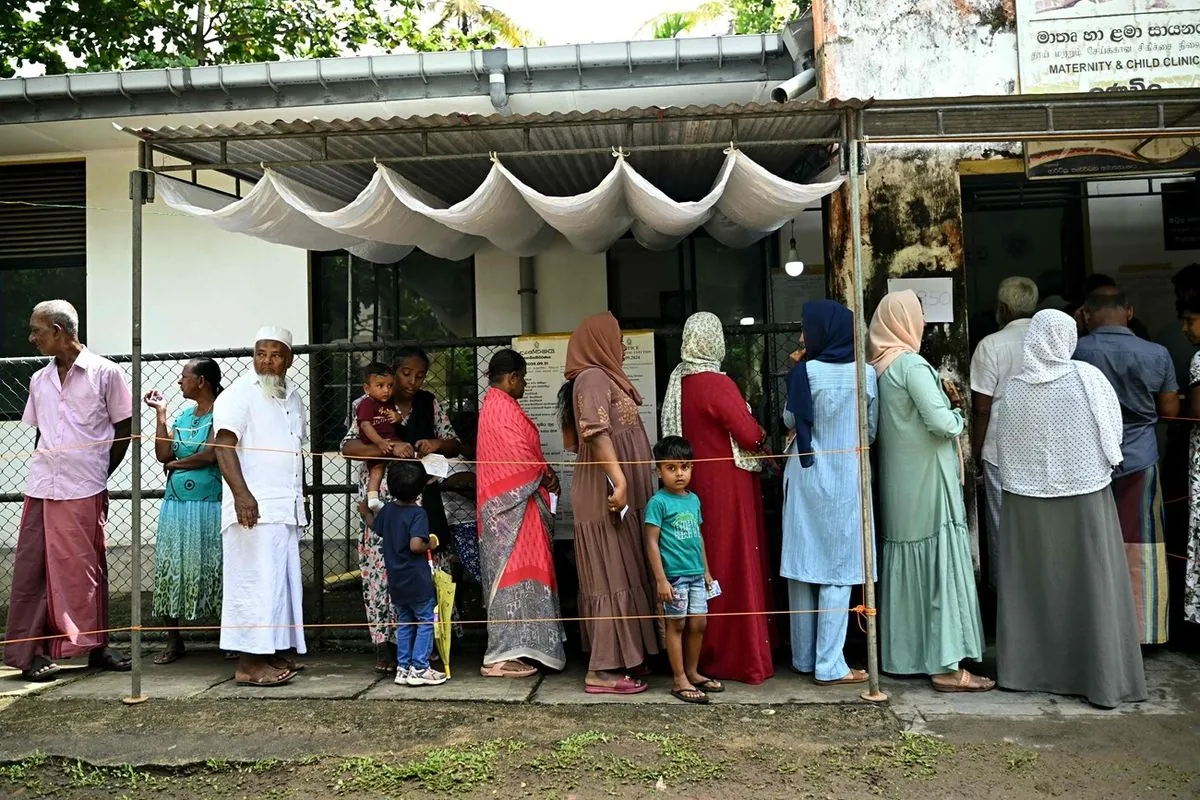Sri Lanka's surprise election winner: From 3% to presidential seat in 5 years
Sri Lankaʼs recent election brought an unexpected shift as a former minor party gained control. Despite economic recovery from 2022ʼs crisis the voters chose change over stability in this fallʼs presidential race

In an unexpected turn-of-events this fall‚ Sri Lankaʼs presidential race ended with a non-mainstream candidate taking the lead - despite ongoing economic recovery from last years crisis
The election saw Anura Kumara Dissanayake from the left-wing JVP party securing 42% of votes (a huge jump from its previous 3% share about 5 years ago). The new president quickly announced parliament elections for end-of-year‚ trying to keep the momentum going
Sri Lankaʼs economy shows clear signs of bounce-back after the harsh 2022 downturn: inflation dropped to 2%‚ currency got more stable‚ and growth rates look promising - economists predict twice-higher numbers than IMFʼs initial forecast. The country even managed to work-out debt deals with its main creditors
However many citizens dont feel better-off than before the crisis. The IMF deal (signed in spring last year) brought tough measures: tax hikes‚ wage-stops and budget-cuts hit hard - especially after poverty rates doubled during the crisis. These harsh-times created a perfect storm for political change
The peaceful power-transfer became even more note-worthy because it happened with a minority vote - first time in the nations history. The JVPʼs success came from its re-branding: the party moved away from its protest-filled past and focused on anti-corruption message instead of hard-left ideas
- Previous ruling party SLPP lost support due to crisis management
- Former PM Ranil Wickremesinghe failed despite economic fixes
- Many middle-class voters switched sides due to widespread impact
- Anti-corruption message worked better than economic promises
The new leadership faces tough choices: they need to keep IMF-program targets while trying to meet voter expectations. Any major policy shifts might risk foreign funding - potentially leading to new exchange-rate problems





























